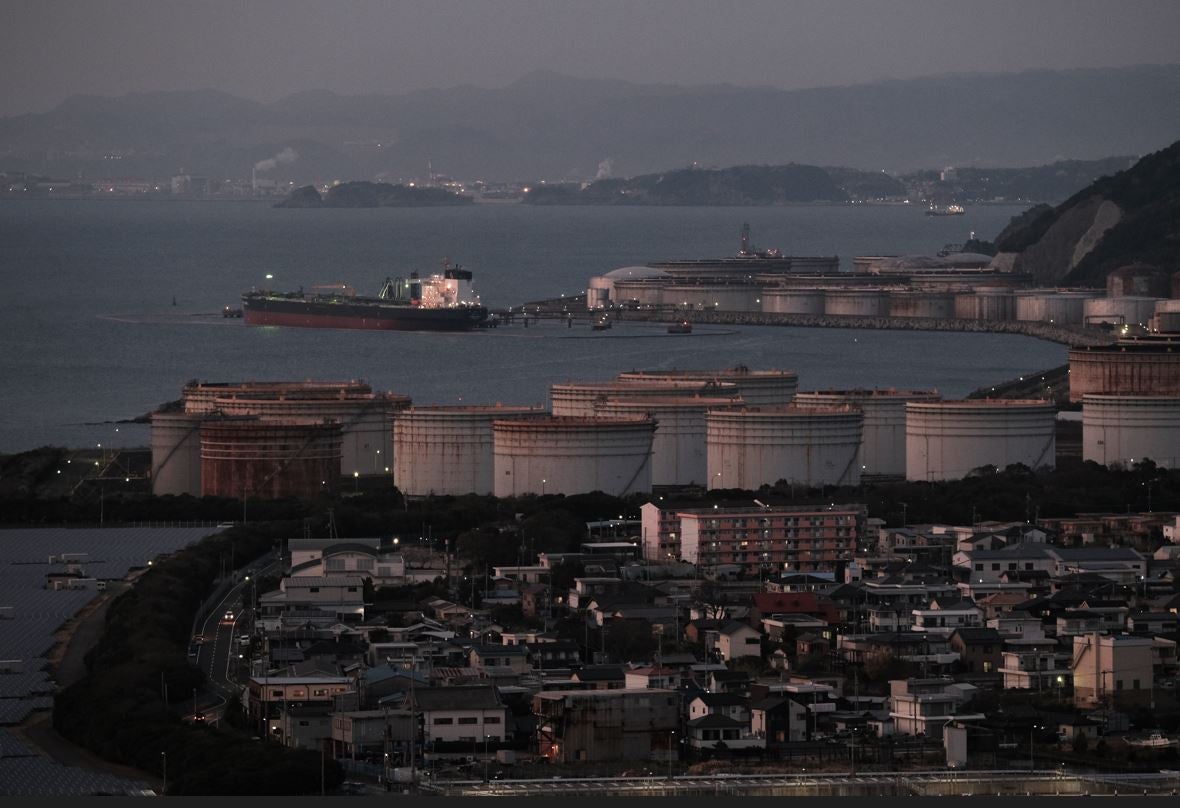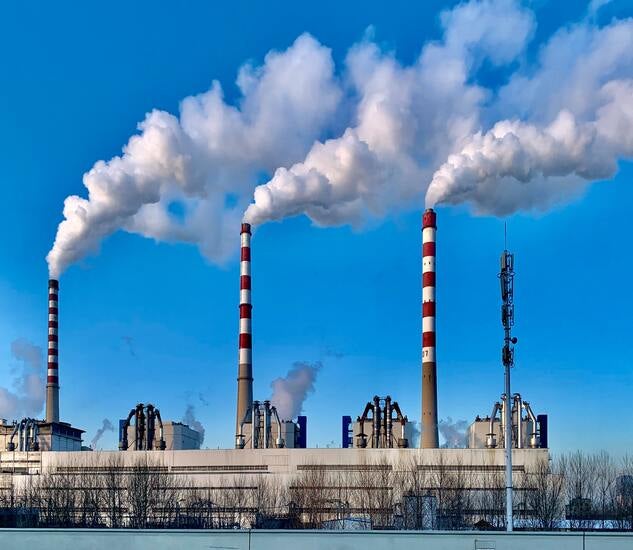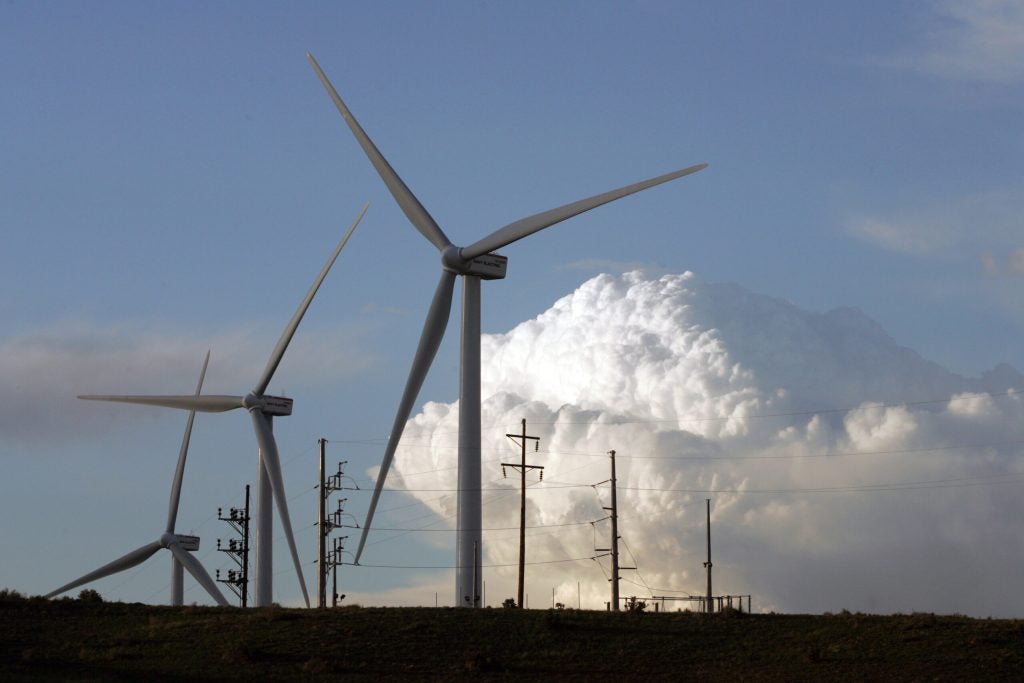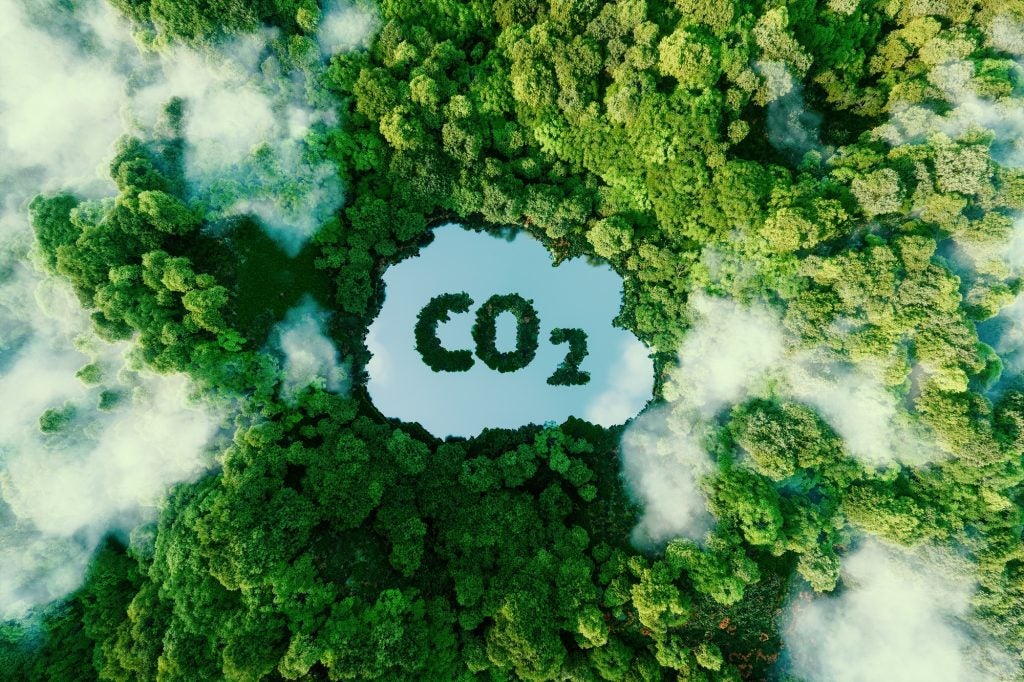
Japanese oil and gas producer JX Nippon has said it wants to achieve five million tonnes per annum (mtpa) of carbon capture and storage (CCS) by 2030.
“By 2030, we want five million tonnes per year of carbon storage. By 2040, [it] is 15 million tonnes, and 50 million tonnes by 2050,” JX Nippon executive vice-president Tetsuo Yamada told Reuters on the margins of the Energy Asia conference in Kuala Lumpur, Malaysia, this week.
The CO₂ that JX Nippon will capture and store will mostly come from ENEOS Holdings, the Japanese metals and petroleum conglomerate that JX Nippon belongs to. ENEOS’ Mizushima refinery is the largest oil refinery in Japan by capacity. ENEOS Holdings recently stated its ambition to achieve net-zero carbon emissions across its operations by 2040, with CCS a marked part of its plans to reduce emissions.
JX Nippon plans to store the captured CO₂ in offshore saline aquifers. JX Nippon, alongside ENEOS and Japan’s Electric Power Development Co (J-Power), was recently selected as a joint candidate for a ‘Study on the Implementation of Japan’s Advanced CCS Project’.
As a part of the study, the joint venture (JV), known as West Japan Carbon dioxide Storage Survey’, will transport carbon off the coast of Japan’s southernmost island via both vessels and pipelines. The CO₂ for the study, emitted by ENEOS refineries and J-Power thermal plants, will amount to three million tonnes per annum across the lifetime of the study. It will be the first “full-scale CCS” project in Japan.
To facilitate its CCS ambitions, JX Nippon purchased Japan Drilling (JDC), the country’s only offshore oil drilling company. Its platform will be used to drill the undersea holes within which CO₂ will be stored. At the time, JX Nippon stated: “Drilling wells to inject and store CO₂ underground is an important technological component of CCS/carbon capture, usage and storage value chain, and JDC’s participation will further reinforce the value chain offered by the ENEOS Group and enhance its setup and capabilities to help Japan achieve its carbon neutrality plan.”







